As temperatures drop and winter settles in, horse owners often notice significant changes in their animals' behavior and health, particularly with regards to their hydration and digestive systems. Cold weather can pose specific challenges for horses1, one of the most critical being reduced water intake, which directly affects their digestive health. Horses are creatures of habit, and any disruption to their routine—whether it be the colder air, frosty water, or changes in feed quality—can lead to potentially serious digestive issues2. Addressing these issues is crucial for maintaining overall equine health and preventing conditions like colic, impaction, and dehydration-related problems.
This article explores the risks associated with cold weather and reduced water intake on horses' digestive systems and offers practical advice for horse owners. Additionally, we will discuss how supplements such as EquiNectar®, a digestive syrup made from malted barley, can be an effective tool for supporting horses' gut health during the colder months.
Water Intake and Its Importance in Horses' Digestive Health
Horses require a significant amount of water daily to maintain hydration and aid in the digestion process1. On average, an adult horse needs between 5-15 gallons (20-55 liters) of water per day depending on size, activity level, and the type of feed it consumes3. Proper hydration is vital to allow for smooth digestion, absorption of nutrients, and the prevention of digestive blockages. Water helps to soften the horse's feed, creating a slurry that moves easily through the digestive tract.
However, during cold weather, horses tend to drink less water1. This reduced intake can occur for various reasons, such as:
- Cold Water Aversion: Horses may find the icy water in their troughs unappealing or uncomfortable, thus avoiding it altogether.
- Reduced Thirst Response: The body's natural thirst response may be lower in cold weather since horses do not sweat as much as they do in warmer months.
- Decreased Pasture Intake: In winter, horses often consume less moisture-rich grass and rely more on dry forage like hay, which requires more water to digest.
Digestive Risks from Reduced Water Intake
A decrease in water consumption can lead to several digestive issues, including4:
1. Colic
Colic, one of the most common and potentially fatal health issues in horses, is often exacerbated by cold weather. Impaction colic, in particular, occurs when undigested food material becomes lodged in the horse's intestine. Without adequate water intake, feed material moves more slowly through the digestive system, increasing the risk of blockages.
2. Impaction
When horses do not drink enough water, the digestive tract dries out, and the feed they consume can become compacted in the large intestine. Impaction, especially when hay is the primary source of roughage, can be life-threatening and requires immediate veterinary attention. Colder weather is notorious for increasing the frequency of impaction cases as dry forage combined with poor hydration leads to this painful condition.
3. Poor Gut Motility
Reduced water intake can slow down gut motility, meaning that food moves more slowly through the horse's digestive tract. Sluggish digestion can lead to further complications, such as bloating, gas buildup, and increased fermentation of undigested food in the hindgut. Poor gut motility is particularly problematic when combined with high-starch diets, as starch fermentation can produce excess gas, leading to colic.
4. Dehydration
Dehydration is not just a summer problem; horses can become dehydrated in winter as well, especially if their water intake decreases. Dehydration leads to a myriad of health issues, such as reduced blood flow to the digestive system, kidney problems, and an increased risk of colic.
Practical Strategies to Encourage Water Consumption
Preventing digestive health issues in cold weather begins with encouraging adequate water intake. Here are several strategies horse owners can employ:
1. Warm the Water
Horses tend to drink more water if it is slightly warmed. Providing access to water that is around 45-65°F can encourage horses to drink more. Heated water troughs or bucket warmers can be excellent tools in keeping the water at a comfortable temperature.
2. Offer Wet Feeds
Soaking hay or offering a wet mash can help introduce more moisture into the horse's diet. For example, beet pulp or bran mash can be soaked before feeding to increase the water content and aid in digestion.
3. Monitor Water Availability
Ensure that water sources do not freeze over in sub-zero temperatures. Water troughs should be checked multiple times a day to ensure that horses always have access to fresh water.
Digestive Support During Winter: The Role of EquiNectar®
In addition to promoting hydration, horse owners can support their animals' digestive health by incorporating supplements designed to optimize gut function. EquiNectar®, a digestive syrup made from malted barley, is a prime example of a product that can help mitigate some of the risks cold weather poses to horses' digestive systems.
EquiNectar® is packed with active digestive enzymes that assist in breaking down feed, particularly starches, which can accumulate in the horse's large intestine and lead to digestive discomfort. In winter, when horses often consume more dry forage, which is higher in starch, the enzymes in EquiNectar® help to reduce the starch load, preventing fermentation in the hindgut and minimizing the risk of bloating, gas production, and impaction.
Moreover, EquiNectar® promotes the growth of beneficial bacteria in the gut, helping to maintain a healthy balance of microbiota. A healthy gut microbiome is essential for optimal digestion and nutrient absorption, both of which can be compromised when water intake decreases. In turn, a balanced gut flora can lead to improved consistency in droppings, a sign of a well-functioning digestive system.
Additionally, EquiNectar® is rich in B vitamins, including folate and niacin, which are important for energy metabolism and overall health. During colder months, horses often expend more energy trying to keep warm, making B vitamins an essential component of their diet. By supporting digestion and promoting beneficial gut bacteria, EquiNectar® can contribute to better performance, reduced irritation caused by digestive discomfort, and overall improved well-being in horses.
Conclusion
Cold weather and reduced water intake pose significant risks to a horse's digestive health, potentially leading to serious conditions like colic, impaction, and dehydration. To mitigate these risks, horse owners must focus on encouraging adequate water consumption, modifying feed practices, and providing supplements that support digestion.
While maintaining hydration is the cornerstone of winter care, digestive supplements like EquiNectar® offer additional support by optimizing gut function, promoting healthy bacteria, and reducing the starch load in the large intestine. By incorporating EquiNectar® into your horse's feed, especially during the colder months, you can help ensure that your horse's digestive system remains healthy, preventing the complications associated with reduced water intake.
Proactive measures—such as ensuring access to warm water, soaking feeds, and using digestive aids like EquiNectar®—can go a long way in safeguarding your horse's health and comfort throughout the winter season.
References
[1] McNeill, C. (2024). Impaction Colic in Horses: Signs, Diagnosis, Treatment & Prevention. MB Mad Barn. https://madbarn.com/impaction-colic-in-horses/
[2] Boucher, L., Leduc, L., Leclère, M., & Costa, M. C. (2024). Current Understanding of Equine Gut Dysbiosis and Microbiota Manipulation Techniques: Comparison with Current Knowledge in Other Species. Animals: an open access journal from MDPI, 14(5), 758. https://doi.org/10.3390/ani14050758
[3] Kentucky Equine Research. (2016, November 1). Horse Water Requirements: Five Important Facts. https://ker.com/equinews/horse-water-requirements-five-important-facts/
[4] Reeves, M., Salman, M., & Smith, G. (1996). Risk factors for equine acute abdominal disease (colic): Results from a multi-center case-control study. Preventive Veterinary Medicine, 26(3-4), 285-301. https://www.sciencedirect.com/science/article/pii/016758779500551X



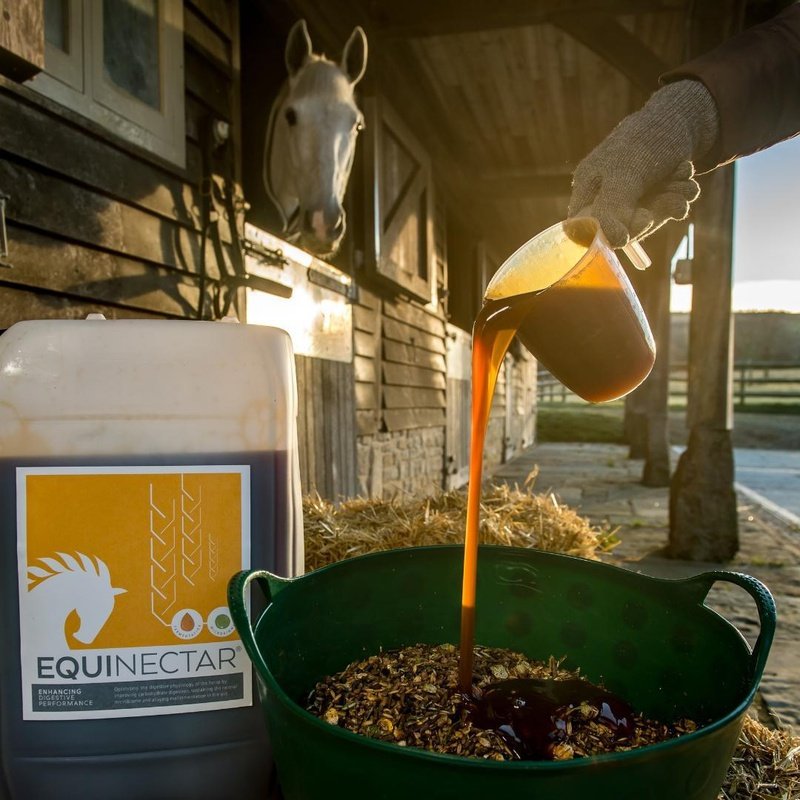
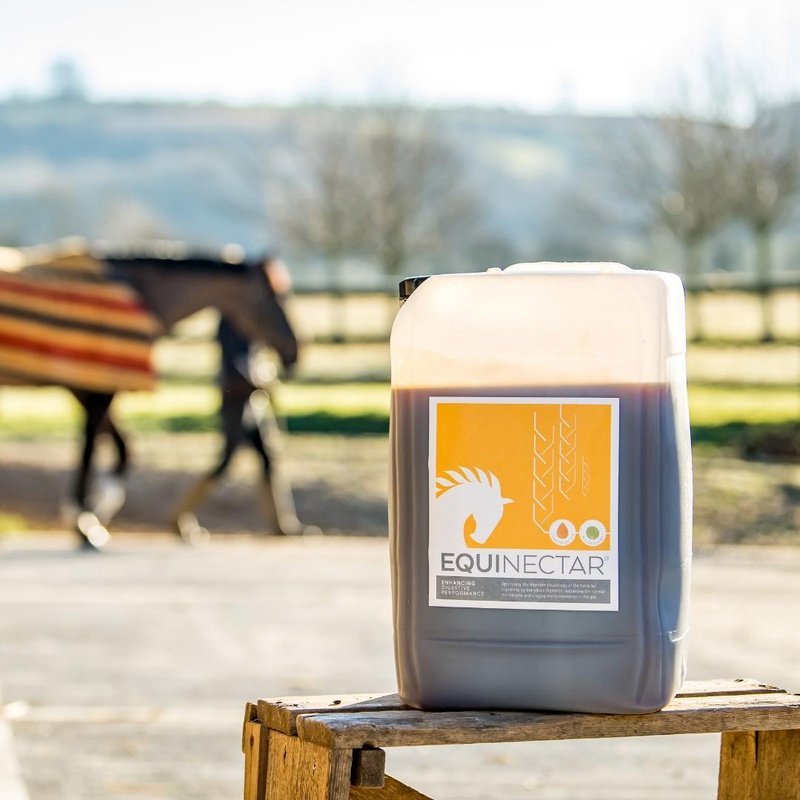
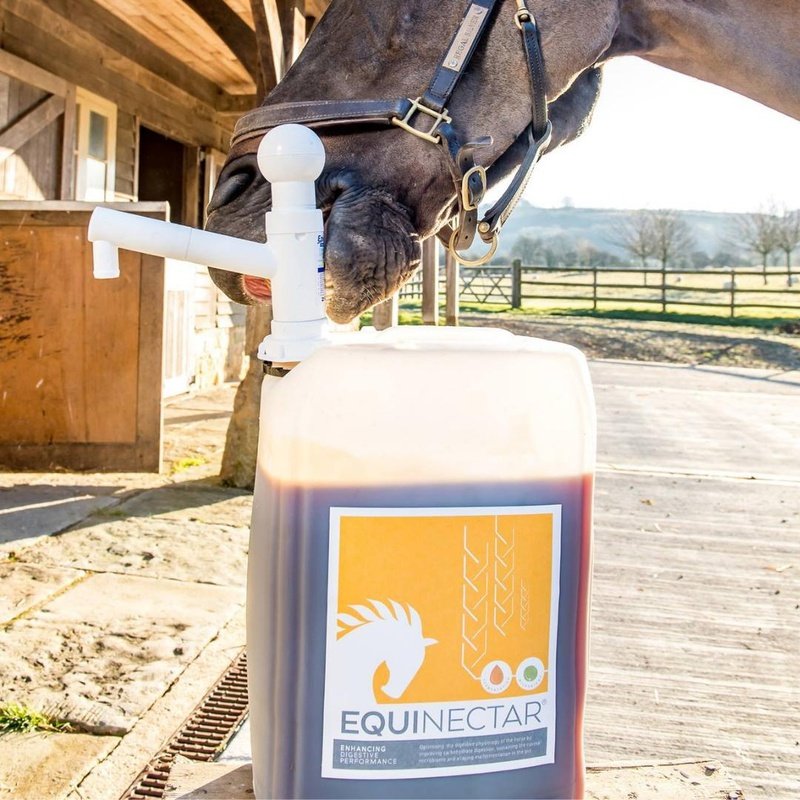
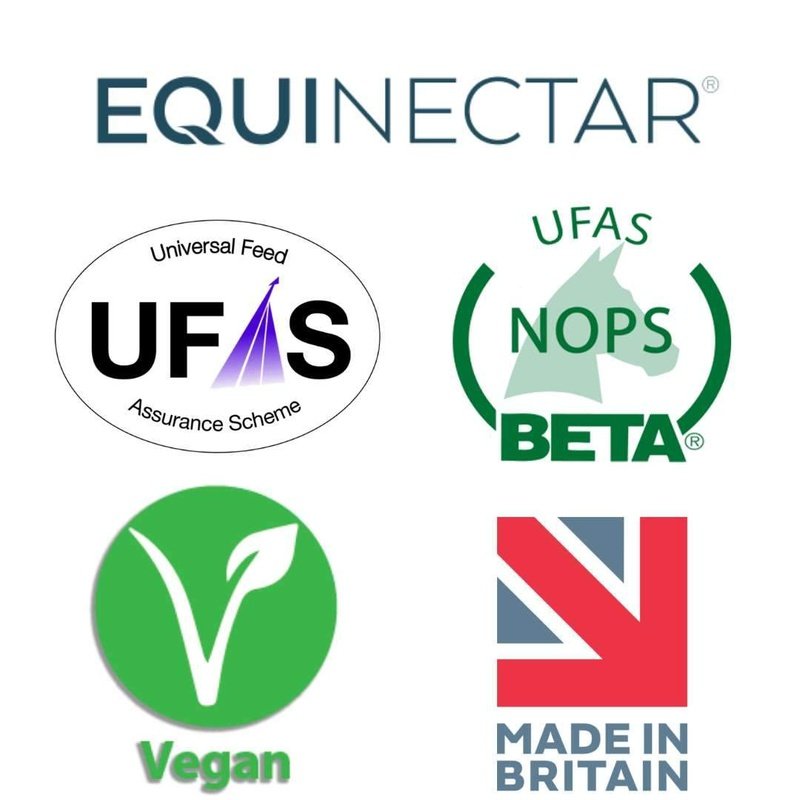
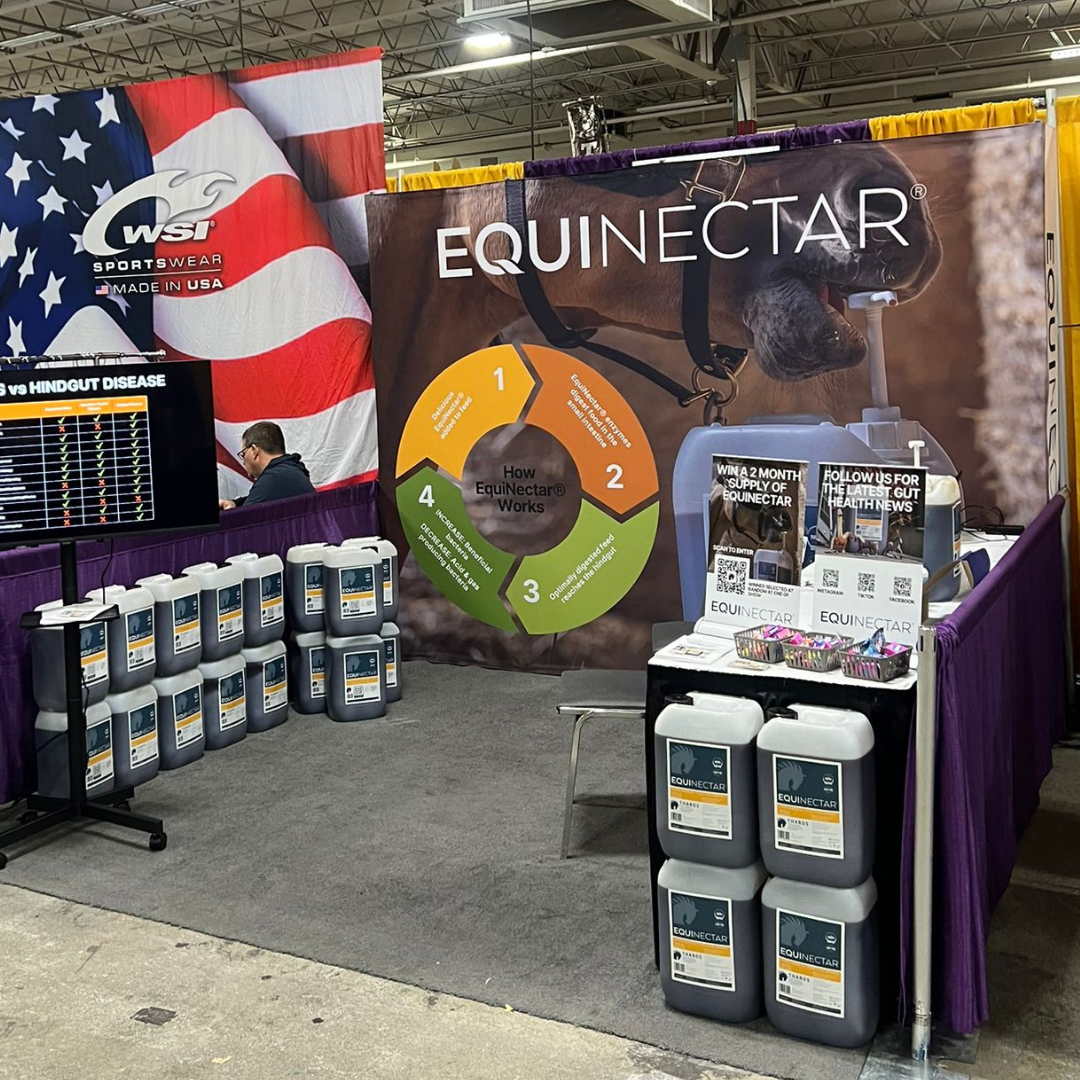

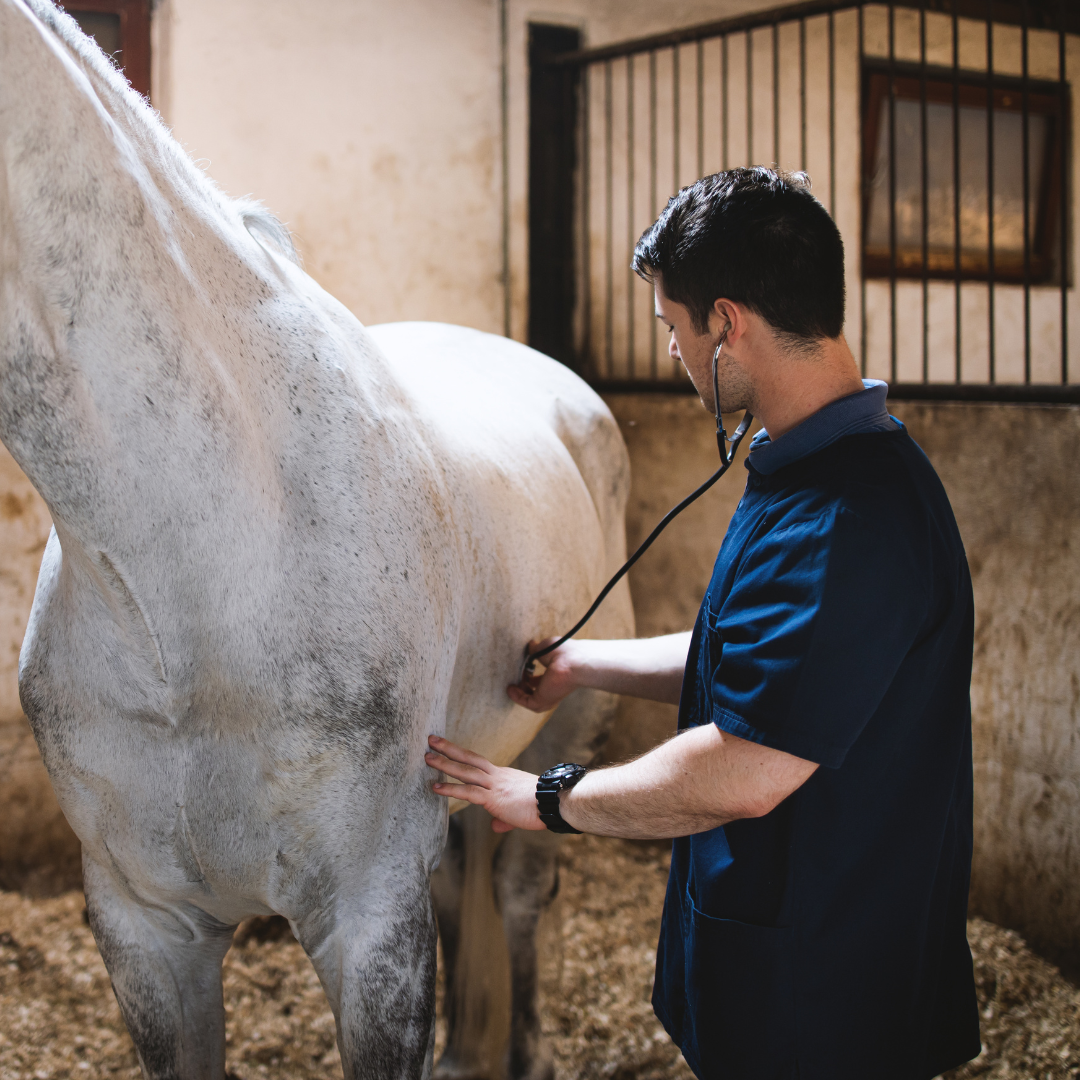
Share: